What our students and experts have to say
Having been equipped with the appropriate knowledge and skills it is now easier for me – and my fellow officers – to investigate IP crimes and arrest the wrongdoers. We are better able to work hand in hand with brand owners when the need arises. I recommend the course to other stakeholders as we all need to work together, from customs officers and investigators to prosecutors.
I also believe teachers should be enrolled on the programme, so they can teach the basics at primary school level. In this way our children can grow up with knowledge about illicit goods and learn how to reduce the risk to their health.

I have been in the Postal Sector for 35 years, specializing in Intelligence and Investigation pertaining to mail operations.
Considering that "Postal Services" are being used in the import and export of products, this course greatly helps with identifying the integrity of the products coming in-and-from the PHLPOST Central Mail Exchange Center. The course further strengthens the bond between PHLPOST and Bureau of Customs as it highlights the importance of “ex-officio” authority in the combat against IP crime.
IIPCIC further enhanced my understanding of IP crime and as such, I will highly recommend the course modules to individuals working on sectors handling Intellectual Property matters.
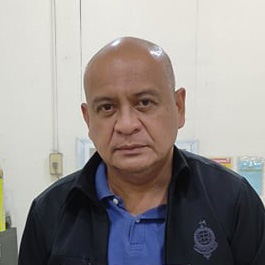
The course was very informative, educative and very insightful with respect to IP crimes and the illicit trade associated with it.
The course provides very important operational information by sharing practical examples and case studies that can easily be related to operationally. The most fundamental and important take away for me was that IP crime is a crime against society and not only the right holders, owners and law enforcers.
I would recommend the course to other law enforcement officers so that the value addition from the knowledge and skills gained from the course can help in ensuring a safe global supply chain at all times, points and levels along the chain.

IIPCIC provided me with an opportunity to learn about IP crime and illicit trading in an easy to navigate and comprehensive manner.
Having completed the IIPCIC training, I feel that I have a greater understanding of the primary concept that I can use going forward in my career in An Garda Siochana. In addition, I am in a more knowledgeable position to undertake coordinated IP and Illicit trade investigations in my current role.
The main points I took from the course were in the area of how to identify IP crime and illicit trading. In addition, I now know from an evidential perspective what to look for in searches of premises under warrant.
I have highly recommended the IIPCIC training course website to my colleagues. I feel that it is such a fantastic tool at the disposal of members of An Garda Siochana that can enhance learning opportunities.

The online training course has greatly increased my knowledge and understanding of intellectual property crime. The course is well structured, up to date and very relevant to my current role in organized and serious crime.
In the current ‘Covid-19 era’ that we are navigating our way through, IP crime has emerged as a significant threat to the international community, and how we respond to this threat will be a defining factor in how we emerge from this global pandemic.
It is most important that police services worldwide are equipped with the best tools to fight the ongoing battles with organized crime groups and this course will be a great addition to me moving forward in my daily duties.

I have been supervising an investigative group within Homeland Security Investigations specializing in intellectual property rights enforcement investigations since 2014. In 2017, I began taking the IIPCIC online courses, and by 2018, I had completed all modules available to law enforcement in the IIPCIC system.
IIPCIC added another level of understanding of IP crime to the on-the-job knowledge that I accumulated during my years of supervising this specialized group. I would recommend the course modules to anybody in law enforcement working on IP-related crime.

For me personally, the course was helpful in clarifying the differences between industrial property rights (e.g. patents, trademarks, industrial designs) and copyright (protection of artistic works and software programmes, etc.). In my country we have seen a rise in statistics connected to IP crimes, that can be attributed to better reporting now that our officers are more knowledgeable about the issues.
I would definitely recommend the course to others as it offers many benefits, such as general understanding of IP crime, investigation techniques, building a case for prosecution, and dismantling organized IP crime syndicates.

The online IP Training Courses have helped increase my understanding of the IP Crimes occurring in the US and abroad by breaking down the fundamentals of the investigative process. It has given me the tools to be a better investigator and allowed me to network with other officers and corporations to successfully prosecute IP offenses.
Through this course, I learned there were links to terrorism, human trafficking, and other crimes that often go unnoticed. I also learned with counterfeit goods, many lives are lost as a result of subpar manufactured components. I would recommend this course to other officers, prosecutors, and fire investigators, as there is a direct connection to health and public safety with counterfeit goods.
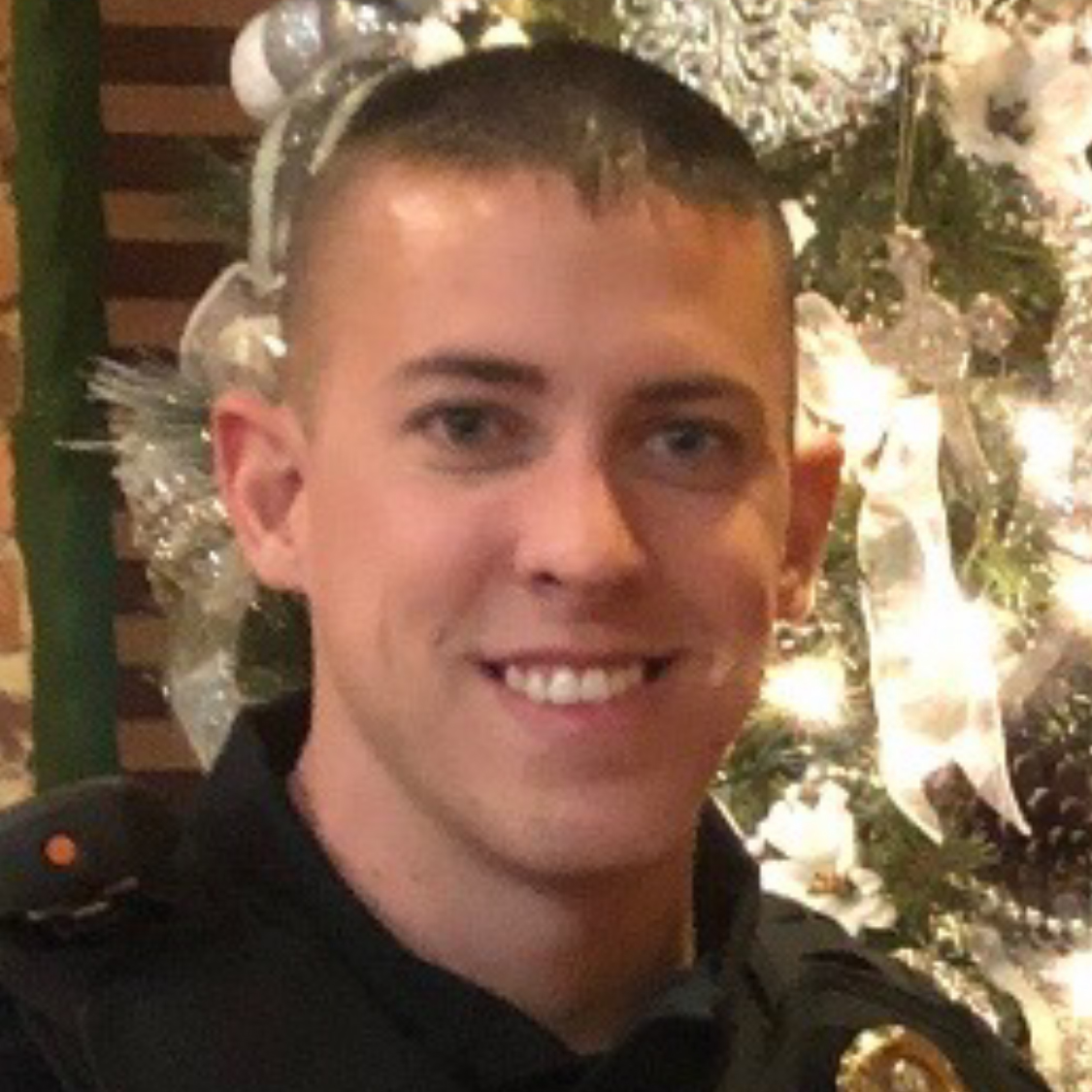
Every day I witness the expansion in the number and complexity of intellectual property crimes being committed across the globe. That’s why I am pleased to have access to the International IP Crime Investigator’s College training platform. This tool provides me and my team with a solid foundation for the kind of cases we encounter. The solid core curriculum along with the real-world scenarios ensure a hands-on experience.
Our employees, from college interns to experienced investigators, benefit greatly from this training. I highly recommend this training for anyone working in the intellectual property crimes arena.
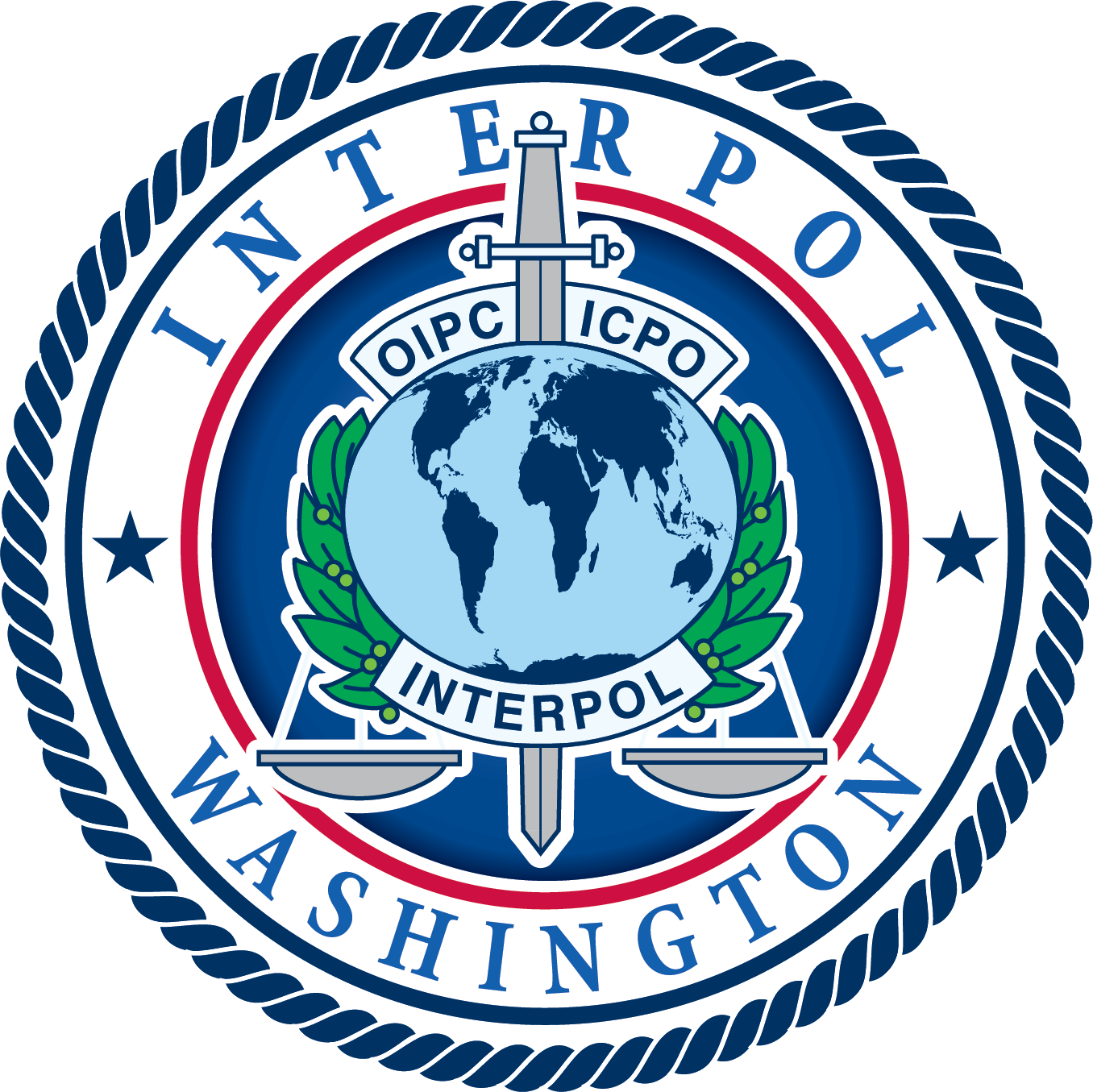
As an investigator in the Intellectual Property Unit, I found the content of the course was relevant to my day-to-day duties and it clearly outlined the steps to be taken before, during and after an investigation. The course really highlighted a number of valuable points such as the need for integration with other investigation strategies, and how to work with other law enforcement agencies to understand their respective responsibilities and avoid conflict.
This is a very good course that I would recommend to others, and I have already introduced some members of the police to this course.
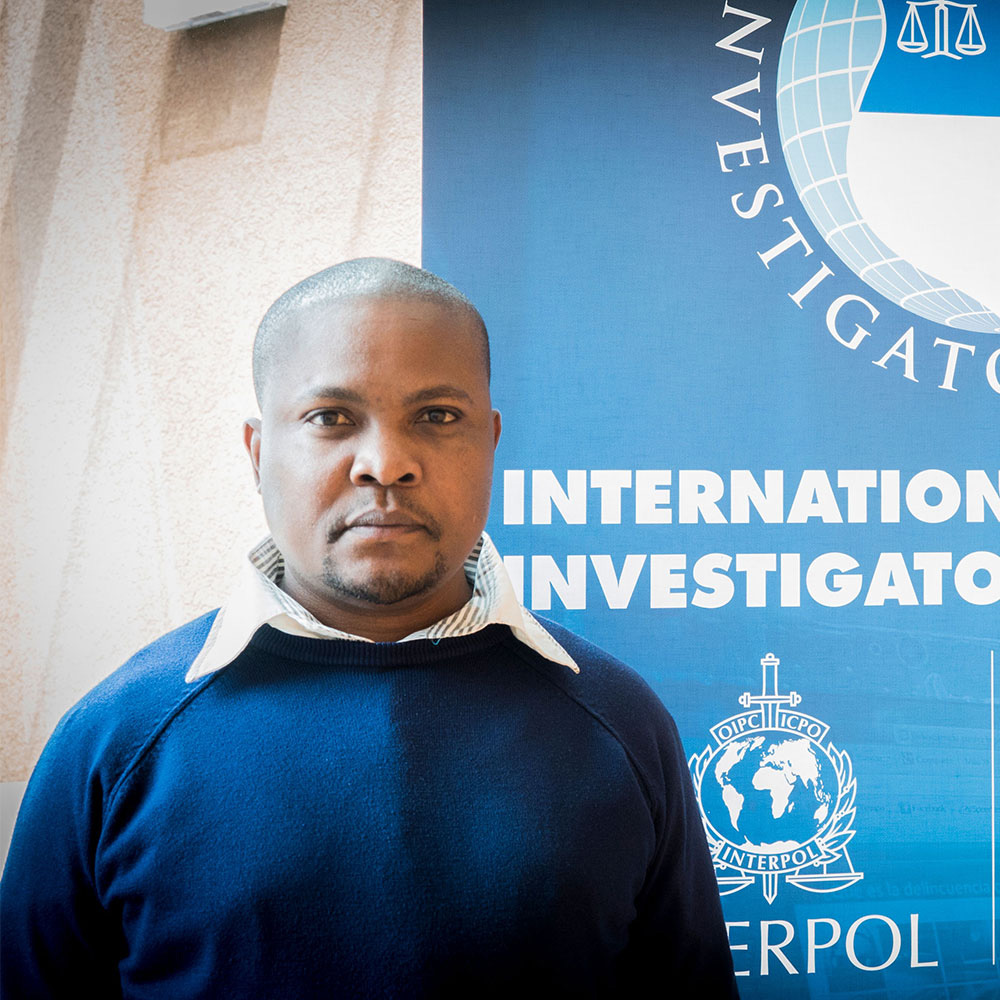
The course is very relevant as I am training to be the IP investigator for my department and had never studied IP crime before. The course was invaluable: you are able to work at your own pace, it is very interactive, has vast amounts of valuable information and topics, and was broken down in simple terms.
When I started this journey, I knew nothing about the subject, now I am confident speaking to others about it, and I was able to deal with a report concerning gray goods in my jurisdiction. I would highly recommend this course to other law enforcement officers.

Thanks to this course, I have a good understanding of the issues surrounding intellectual property crime investigations. Combining theoretical and practical modules, the course is highly relevant.
The module on the investigation of online counterfeiting and piracy was of particular interest to me, while another major theme was the importance of collaboration with other law enforcement agencies and the private sector.
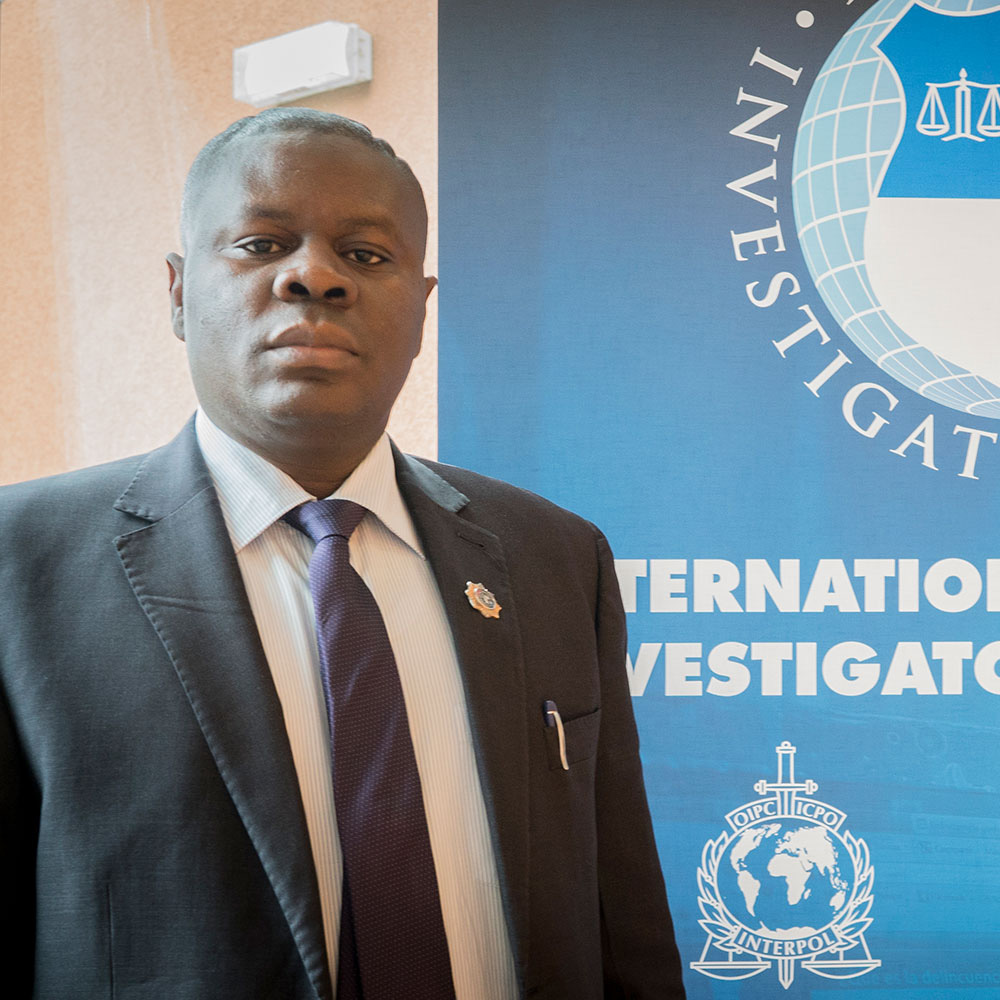
The online training course provides a complete package addressing IP crime. The individual modules are well structured and offer relevant operational advice. It is clear that IP crime permeates all facets of life with serious risks to health and life. Criminals make vast profits and take advantage of traditional criminal networks.
Given the gravity of IP crime and the potential links to other serious crime, including terrorism and human trafficking, this course is very important and I recommend that all law enforcement officers should take it.

The IIPCIC Platform offered fundamental courses for my professional improvement in the Federal Police of Brazil.

Previously, my knowledge in identifying, investigating and collecting information on IP crime was limited. Now, having successfully completed the basic and intermediate curriculum of the IIPCIC training course, I can confidently claim I have professional and working knowledge in handling and investigating IP and other related crimes. This has gone a long way towards improving my overall skills and is beneficial to my career.
I will carry on with further levels of the training and I encourage other law enforcement agencies, such as customs, to enrol on the course themselves.
Having completed the IIPCIC training course I have an enhanced understanding and skills in countering IP crime. In particular, the course contains practical investigative tips, including different ways of preserving evidence.
As I am myself a trainer, the course is particularly relevant and beneficial to me in terms of being able to transfer the skills and knowledge to others. Not only will this build police capacity but will also build public confidence in the police, as people will see we are implementing solid measures to curb IP crime.
The training course has boosted my investigative skills and techniques, and has highlighted the importance of using INTERPOL tools and sharing information with other law enforcement agencies. In terms of operational relevance it has taught me how to identify counterfeit goods being sold in our local markets.
I recommend the course to other law enforcement officers such as immigration officials, so they can understand the dangers of counterfeit pharmaceutical products, fake electronic devices and other illicit goods. Prosecutors and magistrates can also benefit from the course, while economists need to be trained on the detrimental effects caused by counterfeits goods through tax evasion and money laundering, and so on.
The course helped me understand the transnational nature of IP crime, the effects on national economies and the danger posed to global health. It has proven its value by enabling us to adapt our briefing exercises prior to operations and to ensure that all operatives better understand IP crime.
I have already recommended the course to colleagues and will continue to do so.
Organised crime groups are known to cause real harm to the industries they steal from and to consumers. Often these criminals are attacking more than one industry at the same time and it is important we, and law enforcement, work together to put up a united enforcement effort.
It is important to highlight the serious nature of audiovisual piracy which is sometimes perceived as a crime carried out by individuals from the bedroom. These criminals are very skilled in technology, business and marketing and are very organised, usually working on a cross-border basis. Through the AAPA training module we are making our intelligence and knowledge available to equip law enforcement to fight piracy. As a predominantly online crime this knowledge can also be leveraged to different sectors and we are happy to support the broader IIPCIC programme also.

This year marks the 25th anniversary of the establishment of The Criminal Assets Bureau (CAB). CAB is the Assets Recovery Office for Ireland and is tasked with denying and depriving criminals of their assets and other benefits accrued as a result of criminal conduct.
Part of my role includes training of Asset Profilers across Ireland with An Garda Síochána (Irish Police), Department of Social Welfare, Irish Revenue and Customs. CAB also provides training to law enforcement officers from other jurisdictions who have interactions with Ireland or who are considering developing similar type courses in their own jurisdiction.
This year training moved online. This presented the opportunity to update CAB training to reflect current trends in criminal concealment of assets. IIPCIC kindly assisted providing access to their modules on Cryptocurrency and INTERPOL.
The IIPCIC training provided Asset Profilers with an excellent base knowledge of Cryptocurrency improving their confidence when inspecting documents during operational policing. The training has motivated officers to make enquiries through INTERPOL to assist ongoing investigations with international aspects.
The colleagues at IIPCIC exceeded my expectation of the assistance they could provide. I wholeheartedly encourage any personnel involved in training to reach out and discuss your training needs with IIPCIC.

Piracy and counterfeiting in the seed sector can have a devastating impact on the livelihood of farmers, while seeds that are illegally reproduced represent 'bombs' for outbreak of virus and bacterial diseases. With these risks in mind, it is imperative for the industry to raise awareness among farmers of the importance of buying only from official seed companies, and to tighten supply line security.
The training we have provided over the years to law enforcement agencies in cooperation with IIPCIC has been very beneficial. It is not difficult to recognize counterfeit seeds and plants, but you need to know what features to look for. In addition, law enforcement has to learn how to obtain and secure legal evidence. Clearly, training for investigators in this area is vital to protect the industry and public health.
For AIB members, the e-learning module we developed with IIPCIC on infringement in the vegetable seeds sector has been, and still is, an important instrument to mobilize our members' field staff. In the first 'wave', over 1,100 learners completed the course, and efforts to generate a second 'wave', have already yielded a few hundred learners more.

Counterfeiting or pirating of a brand in the food and beverage sector has the potential to create health risks to consumers as short cuts in production can result in quality issues. In some cases, for example counterfeit alcohol, the final product can even be fatal when consumed.
The complexity of these cases requires a sophisticated and coordinated response that draws together skills from law enforcement, regulators, brand owners and industry bodies. By networking and supporting specialized investigator training, such as IIPCIC’s Mentoring Programmes, we can illustrate the many adverse effects in areas ranging from health and safety to economic impact. Through this collaboration, we enhance operational engagement and develop trust.

We have had great success with our e-learning module developed by IIPCIC and AIB Seeds on "Understanding and Addressing Infringement in the Vegetable Seeds Sector". The e-learning module works very well with our member companies. As AIB has always stated, the protection of intellectual property and seed varieties is the responsibility of every member of every company. The fact that our companies can have all of their employees do this training in about one hour is a fantastic way to get the message out there.
We are actively encouraging our member companies to follow the training course. Criminals will exploit any opportunity to get their copied and illicit seeds into the market, so it is important that our member seed companies are educated and trained and are able to spot and stop any and all infringements.

Audiovisual piracy is a global business which has a serious impact on legitimate operators, but which the industry cannot fight alone. However, the industry has the expertise to support law enforcement efforts, the foundation of which is the training interface promoted by bodies such as the Audiovisual Anti-Piracy Alliance (AAPA).
The training program developed by IIPCIC in cooperation with AAPA on "Investigating Audiovisual Internet Piracy", illustrates the vast sums of money being made by criminal enterprises through AV piracy, some of which is undoubtedly being channeled into other areas of serious and organized criminal activity. Raising awareness with law enforcers and the judiciary is just as important as educating the general public to the damage caused by audio-visual piracy.

National Cybercrime Unit, Portuguese Judicial Police
Regional Specialized Officer, INTERPOL Regional Bureau for South Africa
Officier Spécialisé Régional, Bureau Régional d’INTERPOL pour l’Afrique Centrale
Oficial Especializada Regional y Oficial de Enlace de Seguridad, Oficina Regional de INTERPOL para América Central
Oficial Regional Especializado, Oficina Regional de INTERPOL para América del Sur
Former Head of INTERPOL Regional Bureau for South Africa
Former Detective Assistant Inspector, Zimbabwe Republic Police
Training Director, South African Police Service